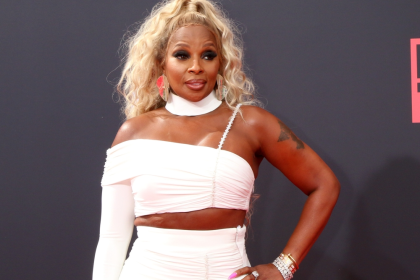The modern dating landscape requires more than just following your heart. Mental health professionals emphasize that recognizing early warning signs can prevent emotional distress and potentially harmful relationships. Understanding these red flags helps individuals make informed decisions about their romantic connections before investing deeply in problematic partnerships.
Boundary violations and respect
Early signs of disrespect often manifest through subtle boundary violations. A pattern of persistent messaging despite requests for space, or pushing past gentle refusals, indicates potential control issues. When someone consistently dismisses personal limits, it often escalates into more serious boundary violations later in the relationship.
Mental health professionals note that healthy relationships thrive on mutual respect for personal space and autonomy. Partners who genuinely care about your well-being will honor your boundaries, even if they don’t fully understand them.
Possessiveness masked as care
While attention from a new partner can feel flattering, excessive monitoring and jealousy indicate deeper issues. Partners who question every social interaction or demand constant updates about your whereabouts often struggle with control and trust issues that can lead to isolation.
Research shows that possessive behavior typically intensifies over time. What begins as seemingly protective concern can evolve into restrictions on personal freedom and strained relationships with friends and family.
Avoiding responsibility
Partners who consistently deflect blame or refuse to acknowledge their role in conflicts often lack emotional maturity. This pattern manifests through constant excuses, shifting responsibility to others, or minimizing their impact on situations.
Mental health experts emphasize that relationship growth requires both partners to acknowledge mistakes and work toward improvement. Someone who never takes responsibility will likely continue patterns of emotional avoidance and blame.
Past relationship patterns
While everyone has relationship history, how someone discusses their past reveals important insights. Constant negativity about all previous partners or dramatic relationship histories often signal unresolved issues that could affect your connection.
Professional counselors suggest paying attention to whether potential partners show awareness of their role in past relationships and demonstrate learning from these experiences.
Validation and emotional dependency
Excessive needs for reassurance and validation often mask deeper insecurities that can strain relationships. Partners who require constant affirmation may struggle to maintain emotional equilibrium independently, leading to exhausting relationship dynamics.
Mental health professionals note that while mutual support strengthens relationships, constant validation-seeking creates unhealthy dependency and emotional burnout.
Growth and personal development
Partners who discourage personal goals or seem threatened by individual growth often prioritize control over mutual development. This manifests through subtle undermining of achievements, discouragement of independent pursuits, or competitive responses to success.
Relationship experts emphasize that healthy partnerships should enhance individual growth rather than restrict it. Both partners should feel supported in pursuing their aspirations while maintaining their connection.
Emotional availability
Consistent emotional dismissiveness signals potential attachment issues that can prevent deep connection. Partners who regularly minimize feelings, avoid meaningful conversations, or show little interest in emotional sharing may struggle with intimacy.
Professional counselors emphasize that emotional availability forms the foundation for lasting relationships. Without it, couples often experience profound loneliness despite physical proximity.
Love bombing and manipulation
Initial overwhelming affection followed by withdrawal often indicates manipulative behavior. This pattern involves intense early attention and declarations of love, creating emotional dependency before dramatically reducing investment.
Mental health professionals warn that this behavior often correlates with narcissistic tendencies and can lead to emotional trauma. Genuine connections develop steadily rather than through overwhelming early intensity.
Taking action on red flags
Recognizing these warning signs represents the first step toward healthier relationships. Mental health professionals advise:
- Trusting your instincts about concerning behaviors
- Establishing clear boundaries early in relationships
- Seeking support when questioning relationship dynamics
- Prioritizing emotional well-being over relationship status
Building lasting relationships requires awareness and courage to address concerns early. While perfect partners don’t exist, certain behavioral patterns warrant careful consideration. By understanding these red flags, individuals can better navigate modern dating and work toward creating healthy, fulfilling relationships.
The path to meaningful connection involves both hope and awareness. When armed with knowledge about relationship warning signs, individuals can better protect their emotional well-being while remaining open to genuine connection.
This story was created using AI technology.













